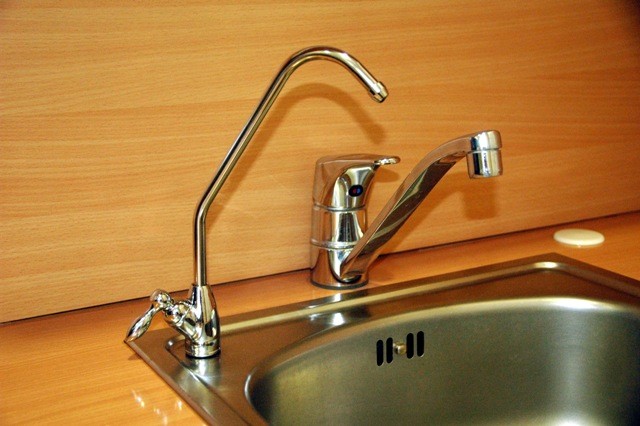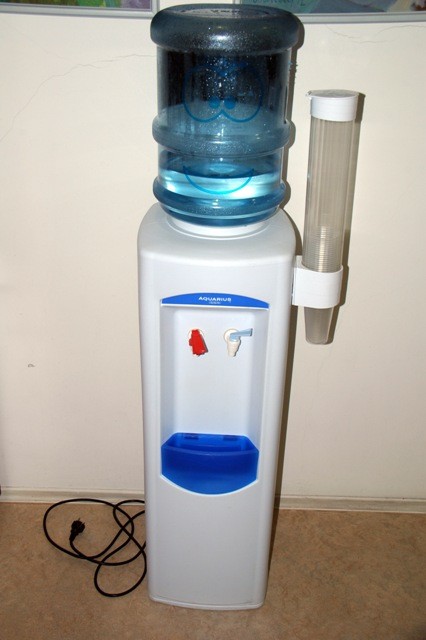|
We hope to organise joint paper procurement in autumn with the other participants in the Green Programme. On the one hand, this will cut expenses, and on the other, we will be able to procure slightly more expensive and environmentally friendly paper (e.g. paper bearing the Nordic eco-label). The Nordic Council of Ministers' Office in Estonia is one of the 11 bodies in the country which has made the decision to make its everyday operations more environmentally aware and its use of resources more economical - all part of NGO Ökomeedia's project entitled 'The Green Programme'. Ökomeedia wants everyone who joins the programme to achieve savings of up to 10% in at least one type of resource consumption. Besides us, Swedbank, the State Forest Management Centre, the Radisson Blu Hotel, the Port of Tallinn, Teater NO99, Restor, Keila Municipality, Reet Aus Fashion House, the Recycling Centre and the Network of Estonian Non-Profit Organisations have joined the Green Programme. Ökomeedia's partners in supporting the Green Programme are the Estonian Fund for Nature, Futuren, Eesti Energia, Ecoprint, Tallinna Vesi and the Maailm creative agency. |
||
|
related links:
|
||
We drink tap water and manage office equipment
|
Termination of power consumption outside of office hours will save us more than 9000 kroons and means that more than seven tonnes of carbon dioxide will not be emitted into the air. When purchasing electricity from Eesti Energia, everyone can easily calculate the resulting carbon footprint - about 1.1 kg CO2/kWh. |

 When spreading ideas of environmental awareness and sustainable management, we can now rely on our own experience as well as set examples by our actions. Namely, participation in the Green Programme has given us not only the knowledge we and good conscience we need, but also direct savings thanks to smarter consumption - we have given up bottled water altogether.
When spreading ideas of environmental awareness and sustainable management, we can now rely on our own experience as well as set examples by our actions. Namely, participation in the Green Programme has given us not only the knowledge we and good conscience we need, but also direct savings thanks to smarter consumption - we have given up bottled water altogether. Thus, we will prevent seven tonnes of CO2 contributing to global warming from being released. This is equivalent to the quantity emitted, for example, in the course of production and transport to supermarket shelves of nearly two tonnes of pork in Denmark. It is also the quantity emitted in the course of driving more than 40,000 kilometres with a car with medium petrol consumption. Or, the quantity of greenhouse gases emitted as a result of a meal of plaice, cauliflower and hulled barley - which a family of four could eat 1400 times!
Thus, we will prevent seven tonnes of CO2 contributing to global warming from being released. This is equivalent to the quantity emitted, for example, in the course of production and transport to supermarket shelves of nearly two tonnes of pork in Denmark. It is also the quantity emitted in the course of driving more than 40,000 kilometres with a car with medium petrol consumption. Or, the quantity of greenhouse gases emitted as a result of a meal of plaice, cauliflower and hulled barley - which a family of four could eat 1400 times!